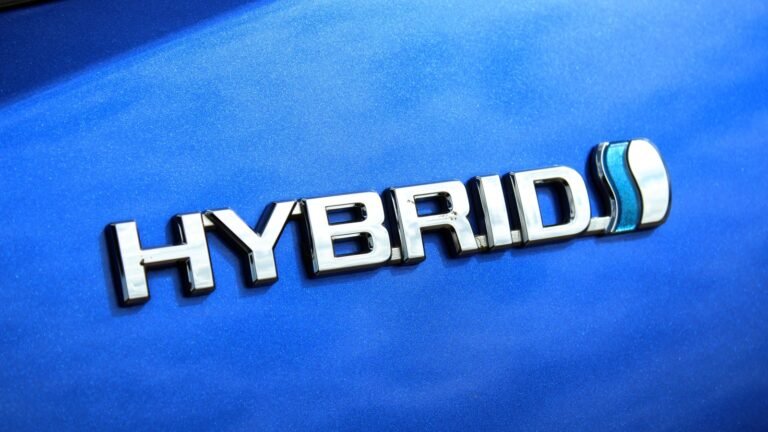

- Britain may soon announce new EV mileage fees in this month’s budget.
- EV drivers’ annual running costs could rise by about £240 under the plan.
- They’ll still pay less than ICE owners spending roughly £600 on fuel duty.
Electric car owners in the UK may soon find their zero-emissions glow dimmed slightly by the Labour government. Chancellor Rachel Reeves is reportedly preparing a pay-per-mile tax for EVs to help plug the giant hole left by declining fuel duty receipts.
Related: UK Brings Back EV Discounts But Only If You Don’t Spend Too Much
With more drivers ditching petrol pumps for charging cables, the Treasury suddenly finds itself missing billions in the “please drive somewhere so we can tax you for it” department.
The reported figure being floated? Around 3 pence ($0.04) per mile, which at 8,000 miles (12,900 km) a year would equate to a £240 ($315) bill. T
he government is expected to argue that while UK EV drivers might be disappointed by the new charge, they’ll still get a better deal than drivers of petrol and diesel-engined vehicles who pay around £600 ($784) per year in fuel duty.
But there’s no doubt the news first reported by The Daily Telegraph, if true – and these kinds of stories are usually leaked from within government – will be another blow to EV drivers, who from this year have been forced to pay the annual Vehicle Excise Duty previously only payable by petrol and diesel drivers.
Factor in that £195 ($255) annual VED bill, and an EV owner covering 8k miles a year could be asked to pay £435 more to drive their car in 2028, when the scheme is alleged to go live, than they did in 2024.
On the positive side, the new Labour government did introduce grants of up to £3,750 for buyers of new electric cars three years after the previous government axed the original scheme.

It’s not clear how such a scheme would be monitored; reports suggest that it would be up to drivers to volunteer their own mileage estimate figures for the coming year, rather than the government electronically tracking them. If they were later found to have driven more or fewer miles than estimated, they could either get a rebate or a bill.
EV drivers aren’t the only ones left dismayed by the still-unofficial news. The UK’s Society of Motor Manufacturers and Traders (SMMT) said it recognized the need for a rethink over vehicle taxation.
However, it described pay-per-mile as “entirely the wrong measure at the wrong time,” one that would end up “deterring consumers and further undermining industry’s ability to meet ZEV mandate targets, with significant ramifications for perceptions of the UK as a place to invest.”



